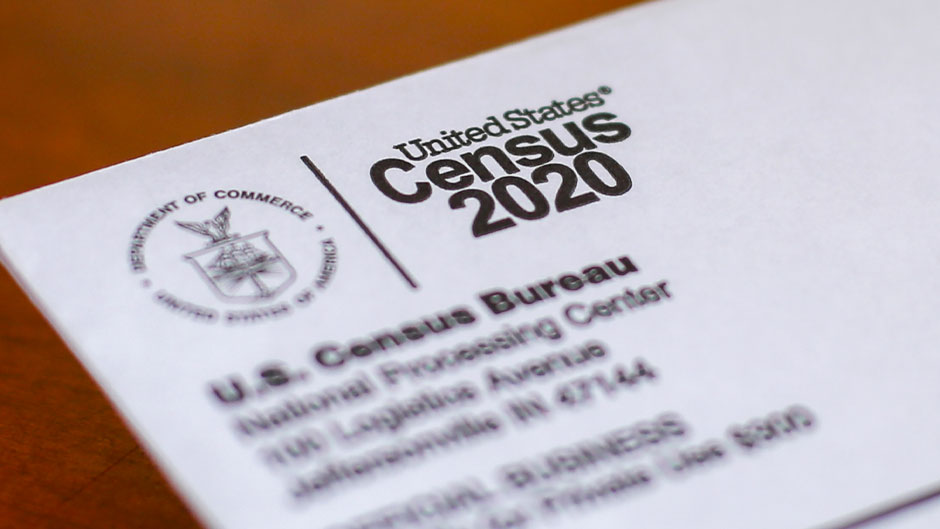On Oct. 13, the U.S. Supreme Court approved the Trump administration’s emergency request to immediately halt the 2020 Census rather than allowing the count to continue through the end of the month as a lower court had ruled. The request marked a U-turn for the administration, which in the spring had urged an extension of the count.
“The government alleges that it faces hardship if it doesn’t get its data by Dec. 31—something the Census Bureau has never said it could comply with anyway because of the pandemic,” said Frances Hill, professor and dean’s distinguished scholar for the profession in the University of Miami School of Law. “But that’s nothing compared to the impact on federal and state funding.”
The Census Bureau estimated that it has counted better than 99 percent of the 140 million households in the United States.
“For census purposes, leaving 1 percent uncounted would have really serious impacts,” Hill said, adding “even a fraction of a percent amounts to hundreds of thousands of people left uncounted.”
Hill noted that the vast majority of those left uncounted are marginalized populations living in hard-to-count areas such as rural and tribal lands, communities that have been the worst affected by the pandemic and resulting economic quagmire.
Census data, collected every 10 years, is used to determine the allocation of billions of dollars in federal funds to support everything including development, health care, education, disaster relief, and other public services. Results are also used to apportion political representation in states at every level of government.
The Trump administration, via the Commerce Department which oversees the Census Bureau, had submitted the emergency request to the high court on the grounds that it needed the time to process the data and be able to submit the official count by Dec. 31, a statutory deadline set by federal law.
The census count officially began on Jan. 21 in the rural Alaskan village of Toksook Bay. Between March 12-20, households around the country received official Census Bureau mail inviting them to complete their survey.
With the onset and spread of the pandemic, the task for the army of census workers, many of them temporary hires, catapulted from challenging to colossal. Field operations were suspended in March.
“The census got overtaken by the pandemic—people didn’t want to open their doors to census workers, it was dangerous, and [for compensation purposes] these workers were never declared essential,” Hill said.
In April, census officials rewrote the timeline, charging that the pandemic had hampered the ability to make an accurate count. The bureau postponed key parts of its count to August and pushed delivery of population totals to April 2021. President Donald Trump at the time supported that request, calling the pandemic an “act of God” and intimating that the bureau should ask for even more time to get the numbers right, according to media reports.
The House approved the new deadline in May, but the Republican-controlled Senate did not follow suit, apparently at the president’s behest.
In mid-August the bureau issued a release indicating that with 63.5 percent of households reporting, it was “adapting its operations” to protect its workers and make sure everyone is counted. It also reported that follow-ups to nonreporting households would be made via phone.
That same month, Wilbur L. Ross Jr., the commerce secretary, ordered that the deadline be moved up to Sept. 30 from Oct. 31. The new date was necessary, he said, to deliver preliminary information to the president by the deadline demanded by law.
Because the ruling last week was in response to an emergency application, the court did not issue a report on its decision. And only one dissenter, Justice Sonia Sotomayor, expressed the reasoning behind her decision.
It was “crucially significant” that “at least one judge memorialized the deliberation,” Hill pointed out. “Sotomayor’s dissent provides the important historical record of what was at stake and what’s at stake in census cases,” Hill said, adding that the judge’s argument addressed the legal test and also challenged the government’s priorities.
Hill highlighted that because Florida has no state income tax and is susceptible to hurricanes and other disasters, it is especially dependent on federal grant money that is allotted based on census data. But, she suggested that the impact on the political landscape may be even more significant—and the true underlying reason for the government’s insistence to cut short the count.
“We’re a big, diverse state with a razor-thin majority between the political parties that seems to flip back and forth, and an undercount would have a severe impact on Florida,” she said.
A New York Times model that gauged the impact of ending the count early indicated that Florida would lose one congressional seat and Ohio would gain one based on the undercount.
Hill noted the precedence of the immediate past census in 2010, as cited by Sotomayor, where the bureau after reaching 99 percent completion of its count continued its field operations for another full month.
“So, 99 percent wasn’t good enough in 2010, and the bigger we get as a country the more people are left out—and that’s a grave concern for the accuracy of the count,” Hill said.
“Much like postal workers who really do want to deliver the mail, census workers want to count the population—that’s what they do—and they are experts and that’s their mission,” she said. “It is crucially important to them to continue counting, and that’s exactly what they did in 2010.”

